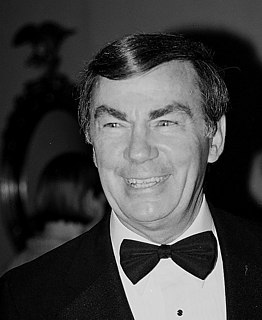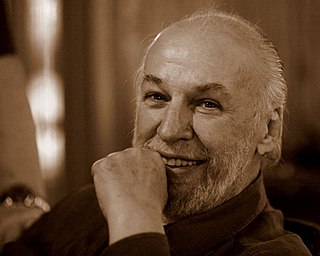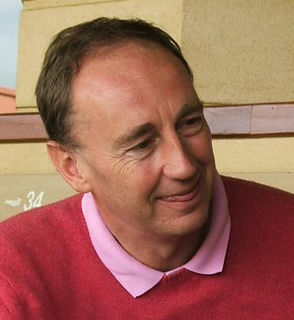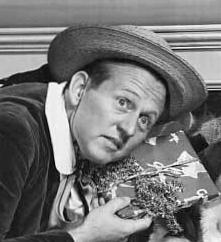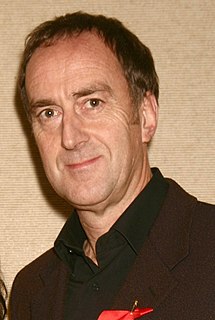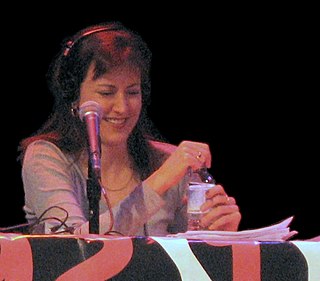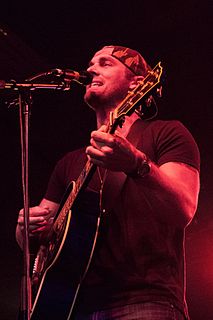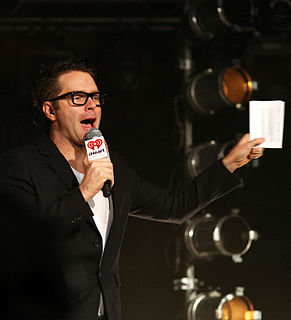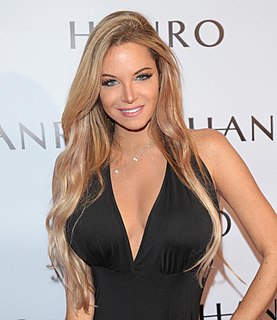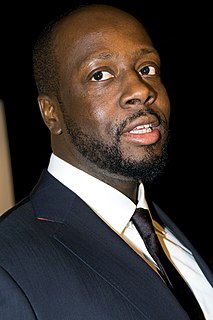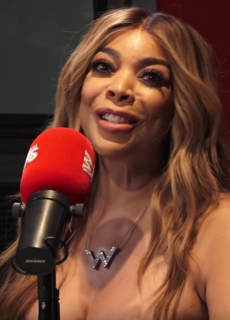A Quote by Sam Donaldson
It was kind of exciting being on the radio. Not everybody was on the radio.
Related Quotes
College radio is a very important medium that needs to survive in difficult economic times when some stations are being sold off and shut down. College radio is the future for broadcasting stars and pioneers of tomorrow, and we as a band, Coldplay, support the vital mission of college radio and we also support College Radio Day, the day when college radio comes together.
Listen- my relationship with radio on a personal level is nothing but a one way love-a-thon... I love radio, I grew up on radio. That's where I heard Buddy Holly, that's where I heard Chuck Berry. I couldn't believe it the first time I heard one of my records on the radio, and I STILL love hearing anything I'm involved with on radio, and some of my best friends were from radio. But we were on different sides of that argument, there's no question about that.
'Boneless,' even though we were thinking about servicing it to radio, it made more sense putting a vocal on there. This was actually the first time that I really looked at doing a song for radio and kind of let go of some control and listened to a lot of different radio pluggers and had Ultra come in and help out with ideas.
The power of a label and radio and a booking agency and all that - you never know until you experience it the first time, but being able to have a song on radio, but then go play a show for people that have heard the song on radio, and having it sung back to you, is - I don't know how to describe it.
My father being a Caribbean minister, one day I stole the radio. The radio that I stole, I took it to school, showing off how big this boom box was and how bad I was at the time. Once my father figured out where I left the radio, he then got his belt and he walked me, he beat me all the way to where I had hid the radio, and with the boom box.
